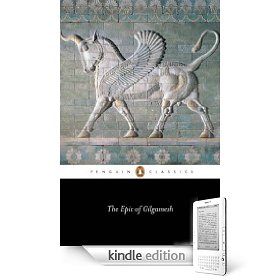Autodidacticism is a word I love. According to wikipedia it means “self-education or self-directed learning” and I am totally in love with that concept. Having been home-schooled for most of my school years I discoved how much fun learning was on my own with my own agenda, instead of being told what to learn by someone else. I read the classics because I wanted to not because I had to, studied foreign languages because they intrigued me, and watched classic films because they were all I knew and I loved them (I have great parents).
Now after moving between two continents during the last year, I’ve finally settled into a semi-permanant place, and I want to take up my self-education again. With that in mind I’m sending myself back to school, a school of one. I’ve got languages, great books, and art appreciation all on the table for this “semester”. The plan is flexible. Courses can be added or deleted at will. It’s so much more enjoyable than any real university, because I call the shots on what I want to learn. This idea has gained momentum with others as well. Two wonderful sites to start your own autodidactic journey are:
I especially love Self Made Scholar’s six article installment on how to get an Ivy League Education on your own for free.
Education doesn’t have to cost money or be tedious. Instead learning should be exciting and a bit overwhelming with its array of choices. Don’t let your brain stagnate, even if just for 15 minuntes a day exercise it.
“Learning is not compulsory… neither is survival.” ~ W. Edwards Deming




You must be logged in to post a comment.